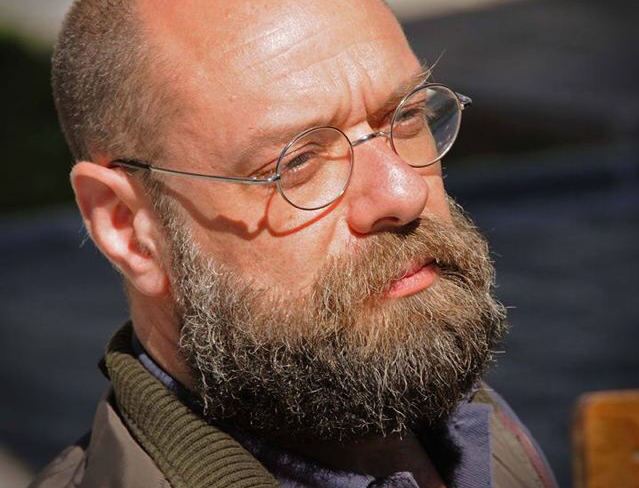Istanbul, August 29, 2022–Turkish authorities should allow Greek journalist Evangelos Areteos to work freely, and should not let political considerations influence journalists’ admission into the country, the Committee to Protect Journalists said Monday.
On Thursday, August 25, authorities at the Sabiha Gökçen Airport in Istanbul detained Areteos, a reporter for the Greek newspaper Real and author of two books on Turkish politics, after he arrived in the country from Brussels, according to the journalist, who spoke to CPJ via messaging app, posted a statement online, and recounted the incident in an interview with Real’s affiliated radio station.
Authorities held Areteos for about seven hours and gave him a document saying he was barred from entering Turkey “for reasons of public order,” but did not give a specific reason for the denial, according to those sources. The journalist wrote in his statement that he had reported on Turkey for 23 years and was accredited to work as a foreign correspondent in Turkey, and that he believed the denial was retaliation for his work.
Areteos said in that interview that he was put back on a plane to Brussels; he said his denial was not an official ruling that could be appealed.
“Greek journalist Evangelos Areteos’ long history working in Turkey should not come to an unceremonious end due to authorities’ disapproval of his work,” said Carlos Martinez de la Serna, CPJ’s program director, in New York. “Authorities must allow Areteos to return to Turkey, where he should be able to report freely and without fear of retaliation.”
Areteos wrote in his statement that, during his detention, authorities questioned him about a visit he made to northern Syria in 2015 and his travels throughout Turkey; he wrote that he believed those travels were the reason he was denied entry into the country.
The journalist’s recent work included reporting from southeastern Turkey, where he interviewed local people about life, culture, and politics, including the contentious status of Kurds in Turkey. He told CPJ that he reported daily on social and political developments in the Kurdish region of Syria.
He added in his statement that authorities also asked him about contacts on his phone related to Kurds in northeastern Syria, which he said were part of his reporting.
CPJ emailed Turkey’s Interior Ministry for comment, but did not receive any reply.
